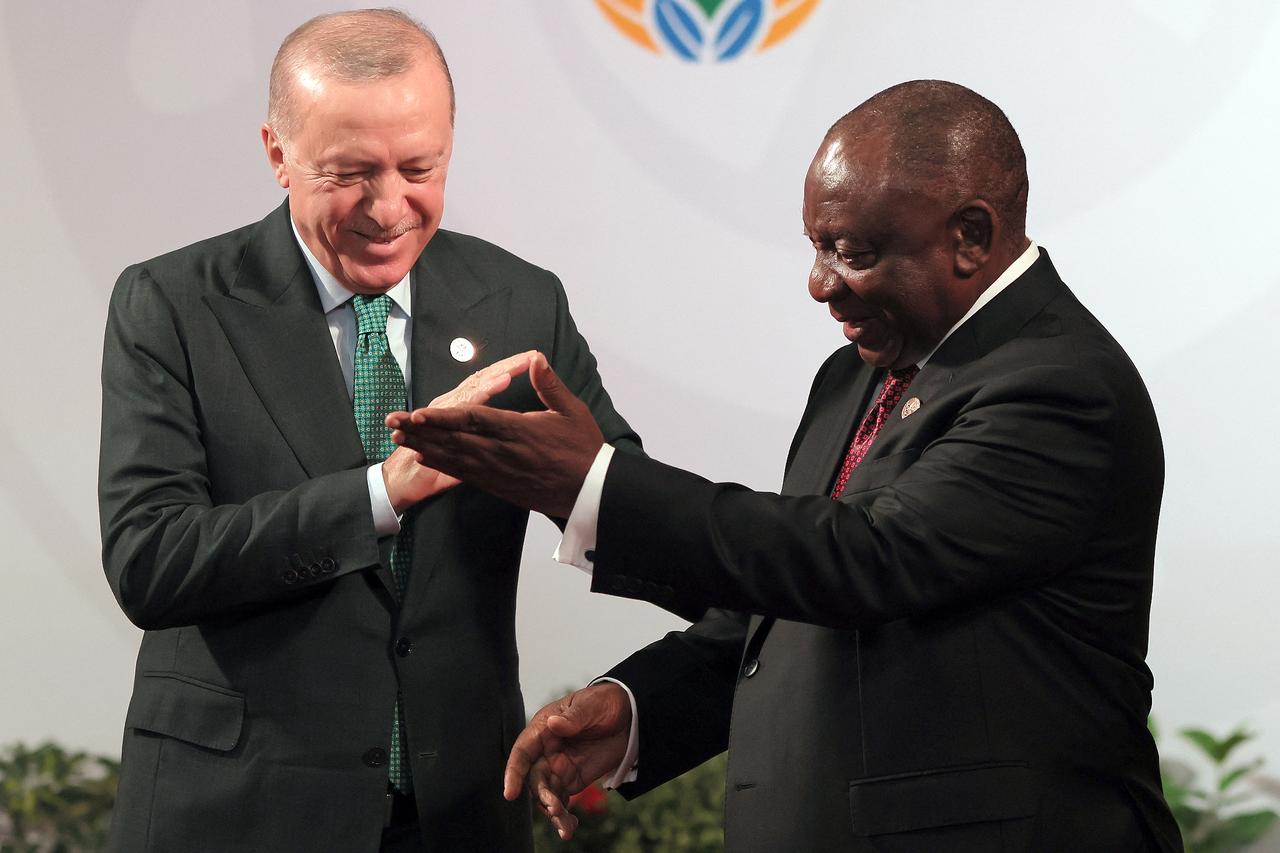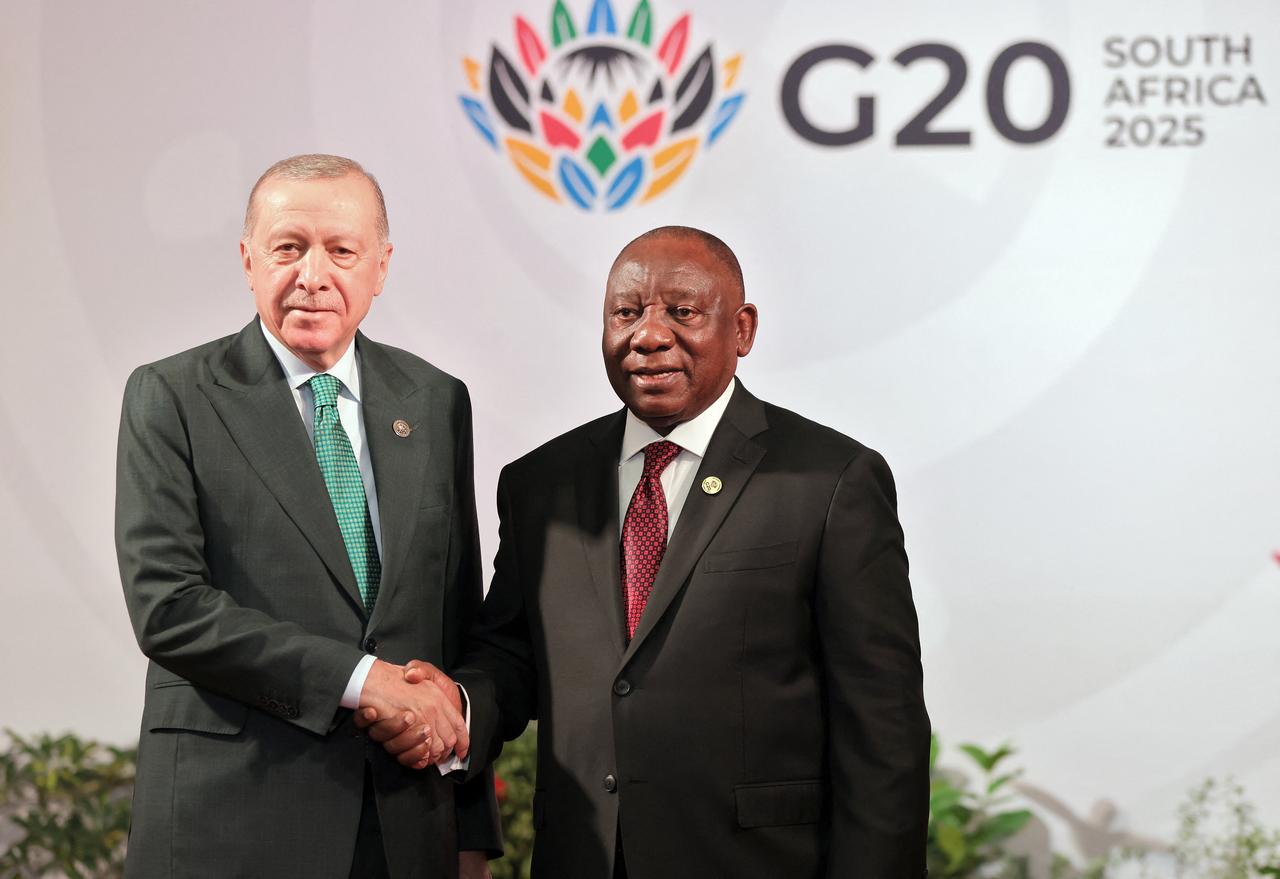
Türkiye showcased its approach to crisis mediation and humanitarian assistance at a panel in Johannesburg on Saturday, positioning itself as a leader in diplomatic conflict resolution as world leaders prepare to gather for the G20 summit in South Africa.
The Directorate of Communications organized the event to highlight Türkiye's two-decade evolution into what panelists described as one of the world's most active humanitarian diplomacy actors, with particular emphasis on partnerships with African nations and other middle powers facing the challenges of a changing global order.
Titled "Türkiye's Humanitarian Diplomacy and Assistance in the Peaceful Resolution of Conflicts," the panel brought together academics and policy experts from Türkiye and South Africa to examine Ankara's multifaceted engagement in crisis zones and propose frameworks for international cooperation outside traditional power structures.

Speakers highlighted Türkiye's expanding role across the African continent, citing interventions in Somalia, Libya, Sudan and Ukraine as examples of what they characterized as comprehensive peace-building that combines humanitarian aid with diplomatic, political and security tools.
The panel, moderated by Kilic Bugra Kanat of the Turkish Presidency's Security and Foreign Policies Council, featured professor William Gumede of the University of the Witwatersrand School of Governance, professor Erman Akilli of Ankara Haci Bayram Veli University, and other scholars from both nations.
Participants argued that existing international institutions have failed to address deepening humanitarian crises, creating what they described as a global leadership vacuum. The solution, they suggested, lies in cooperation among middle powers—countries with significant regional influence but outside the traditional great power framework.
Speakers proposed establishing a humanitarian solidarity platform through which nations like Türkiye and South Africa could develop rapid response mechanisms for what they termed "forgotten crises," particularly in Africa. The G20 summit, which brings together leaders from the world's largest economies along with invited nations, provided a strategic backdrop for advancing such proposals.
The panel emphasized Turkish President Recep Tayyip Erdogan's signature phrase, "The world is bigger than five," which challenges the United Nations Security Council's permanent membership structure. Speakers framed the motto as "not only a political stance but also a humanitarian and ethical call for reform."
That criticism reflects longstanding debates over the Security Council's composition, where five nations—the United States, Russia, China, France and the United Kingdom—hold permanent seats and veto power, a structure unchanged since the UN's founding in 1945 despite dramatic shifts in global demographics and economic power.
Panelists argued that sustainable peace requires placing "justice, humanitarian values, effective leadership and ethical responsibility at the core of the international order," according to the event summary. They also addressed what they described as rising security threats in the information age, emphasizing strategic communication as a component of modern diplomacy.
The discussion concluded with participants asserting that Türkiye has developed a model simultaneously applying humanitarian diplomacy, mediation, development assistance and strategic communication to promote stability in crisis regions.
Speakers included Dr. Liaqat Alli Azam, CEO of the Leading Like Mandela Leadership Institute; Dr. Tunc Demirtas of Mersin University and researcher at SETA; and Daryl Swanepoel, CEO of the Inclusive Society Institute.